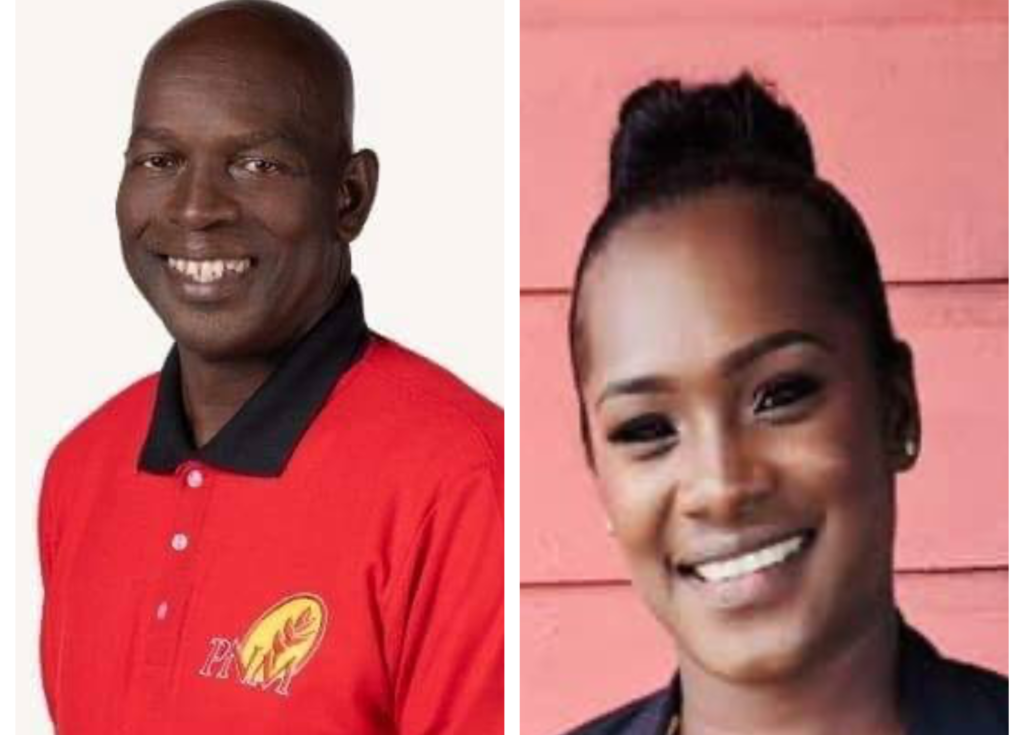Court ruling means by-election in Princes Town corporation

THERE will be a by-election in the Princes Town Regional Corporation district of Lengua/Indian Walk, as this country’s highest election court has dismissed the United National Congress's election petition.
A date for the by-election will be determined by the Prime Minister.
On March 26, Justices of Appeal Charmaine Pemberton, Vasheist Kokaram and Carla Brown-Antoine held that a disputed ballot, favouring UNC candidate Nicole Gopaul-Jones in the August 2023 local government elections, could not be counted because of the failure of the Elections and Boundaries Commission’s returning officer to initial it.
The judges dismissed the UNC’s election petition. They ruled the election rules under the Representation of the People Act (ROPA) allowed for the rejection of the special ballot.
Pemberton and Kokaram delivered separate but unanimous decisions. Brown-Antoine agreed with their findings.
The judges agreed Justice Marissa Robertson was not wrong in her interpretation of the election rules.
In January, Robertson dismissed the election petition. She ruled the EBC acted correctly in rejecting a disputed special ballot because it did not have the returning officer’s initial, as required by the election rules.
She also held there was no curative effect to allow the presiding officer to accept the faulty special ballot.
In their ruling, the Appeal Court held that election courts had to apply the election law strictly. Kokaram said allowing the disputed special ballot to be counted would be inconsistent with the main objective of the rules, which were deliberately fashioned for special voting.
He also said the curative powers given to the presiding officer to correct an irregularity did not extend to special voting.
These powers, he said, "relate only to voting at the polling station and not special voting. While it may be desirable for special voting, there is no possibility to construe the rules to allow it.”
The judges also held that the statutory regimes for special voting and regular voting were not comparable.
Although one judge did fault the ambivalent response of the EBC to the UNC’s queries immediately after the election, which led to the filing of the petition, the Appeal Court made no order for costs in the petition before Robertson. However, the petitioner will have to pay 80 per cent of the EBC’s costs and those of the PNM’s candidate in the appeal.
Pemberton focused her guidance on the jurisdiction of the election court.
“My view is that special jurisdiction is extended to the courts and they should not wander away from that.”
She said the role of a court to adjudicate on election disputes was limited to what was set out in the law as provided for by the ROPA.
“A court must be careful not to be drawn in on side issues.”
She said this case was not about disenfranchisement: “The franchise was exercised.”
She added, “We cannot assume a status we do not have and make pronouncements that can be inferred as overstepping our jurisdiction.”
She also held the view that on a proper reading of the election rules, the presiding officer was not permitted to cure errors that did not originate with him or her in connection with a ballot cast by a special voter.
“The presiding officer was duty-bound to reject the ballot.”
Pemberton also held that the EBC’s action in rejecting the special ballot was “in conformity with the law.”
Both judges, who gave an oral synopsis of their findings, underscored the importance of observing the statutory provisions to maintain the integrity of the electoral process.
The UNC filed the petition on August 21, 2023, after two recounts led to the PNM’s candidate Autly Granthume being announced the winner over Gopaul-Jones on election night, August 14, 2023.
Granthume initially received 1,430 votes compared to Gopaul-Jones’s 1,425. At the end of the first recount, each candidate received 1,428 votes.
The returning officer rejected a special ballot in favour of Gopaul-Jones – which would have broken the tie.
Gopaul-Jones challenged the rejection, insisting the ballot was valid and ought to have been counted, which would have led to her being returned as the councillor for the district.
The EBC maintained its reasoning for rejecting the ballot as required by election rules under the ROPA.
It declared a fresh election for the district after the returning officer declared the election void.
The Appeal Court’s decision is final, as under the ROPA, election petitions are only heard by the local courts, and cannot be appealed to the UK-based Privy Council.
Once a by-election is held for the Lengua/Indian Walk district, a new Princes Town Regional Corporation chairman will also have to be elected. Since the August 2023 election, the incumbent chairman has remained in place.
The UNC still controls the corporation, having secured the nine remaining districts.
In addition to calling the election for that district, the Prime Minister will also have to set the date for an election for the Morne Diablo/Quinam district in the Penal/Debe Regional Corporation, which became vacant on December 22, 2023, when the UNC’s councillor Ramnath Diptee died. He was also the corporation’s chairman.
The UNC was represented by Anand Ramlogan, SC, Kent Samlal, Vishaal Siewsaran and Saddam Hosein. The EBC was represented by Deborah Peake, SC, Ravi Heffes-Doon and Alana Bissessar. The PNM candidate was represented by Michael Quamina, SC, Ravidra Nanga, Celeste Jules, Alana Bain-Bertrand.

Comments
"Court ruling means by-election in Princes Town corporation"